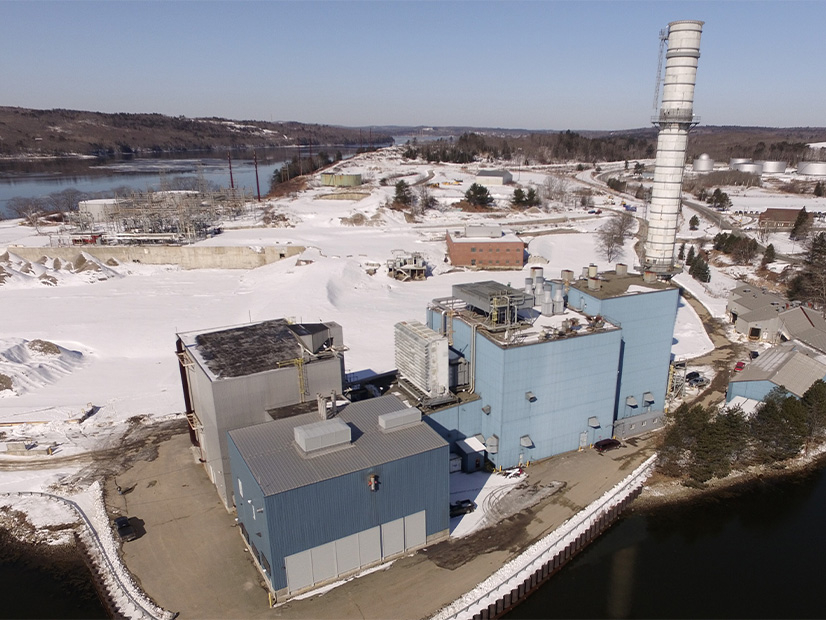Massachusetts Attorney General Maura Healey and consumer group Public Citizen are raising market power concerns over a Japanese company’s plan to buy three gas-fired power plants in New England.
The investment firm Stonepeak asked FERC June 1 for approval to sell two units at Canal Generating Station in Sandwich, Mass., totaling 1,457 MW, and another 160-MW unit in Bucksport, Maine, to JERA, a joint venture between two Japanese utilities (EC22-71).
The AG and Public Citizen say the acquisition would give JERA, which already owns 50% of two other gas units totaling more than 400 MW in Massachusetts, too large a share of the generation market.
“The proposed transaction would by definition result in some degree of increased concentration of power generation ownership in New England and New York, and significant concentration of power generation capacity ownership in the import constrained SENE Capacity Zone of ISO-NE,” Healey wrote in a comment.
After the transaction, JERA would own more than 18% of the capacity cleared in the Southeastern New England zone.
The application also didn’t consider whether JERA would try to get reliability-must-run or other out of market payments, Healey wrote.
She called on FERC to comprehensively review the application — and to take its time by rejecting a request from the companies for expedited consideration and approval by Aug. 1.
Public Citizen’s protest reiterated those issues and raised others.
The deal “looks like a pretty big bet to make lots of money off ISO-NE’s capacity market, and likely prolong the life of some fossil fuel power plants,” Public Citizen’s Energy Director Tyson Slocum wrote in an email to RTO Insider.
Slocum said that the deal raises questions about the concentration of voting in ISO-NE’s NEPOOL stakeholder process.
“Since NEPOOL membership conveys the ability to influence market design in ISO-NE (and therefore directly impacts rates), details on how exactly JERA plans to participate as a voting member in NEPOOL post-transaction is needed to determine whether the transaction is in the public interest,” the protest says.
Public Citizen says the company should disclose its plans for NEPOOL representation, as well as sharing the transaction price.
“We object to the confidential treatment of the sales price of the transaction, and ask the commission to release it,” Slocum wrote. “The purchase/sales price of power generation transactions reveal information essential to the public interest about the buyer’s expectation of economic return of the asset.”
Defending the Deal
In the application, the companies laid out why they believe the acquisition is not a threat to competition, using analysis from consultant Julie Solomon of Guidehouse.
Solomon found de minimis effects on competition in the market, while acknowledging that it would increase the market share of generators affiliated with JERA to 6.4% in ISO-NE and 18% in the Southeast zone.
The company also replied to Public Citizen’s protest, calling them “extraneous” arguments and asking FERC to dismiss it.
“Public Citizen does not raise any issues that would prevent the commission from authorizing the transaction as requested in the application,” the filing says. “Instead, Public Citizen seeks to use this proceeding to address other matters, including by means of imposing conditions that have no place in a proceeding under [Federal Power Act] Section 203.”



